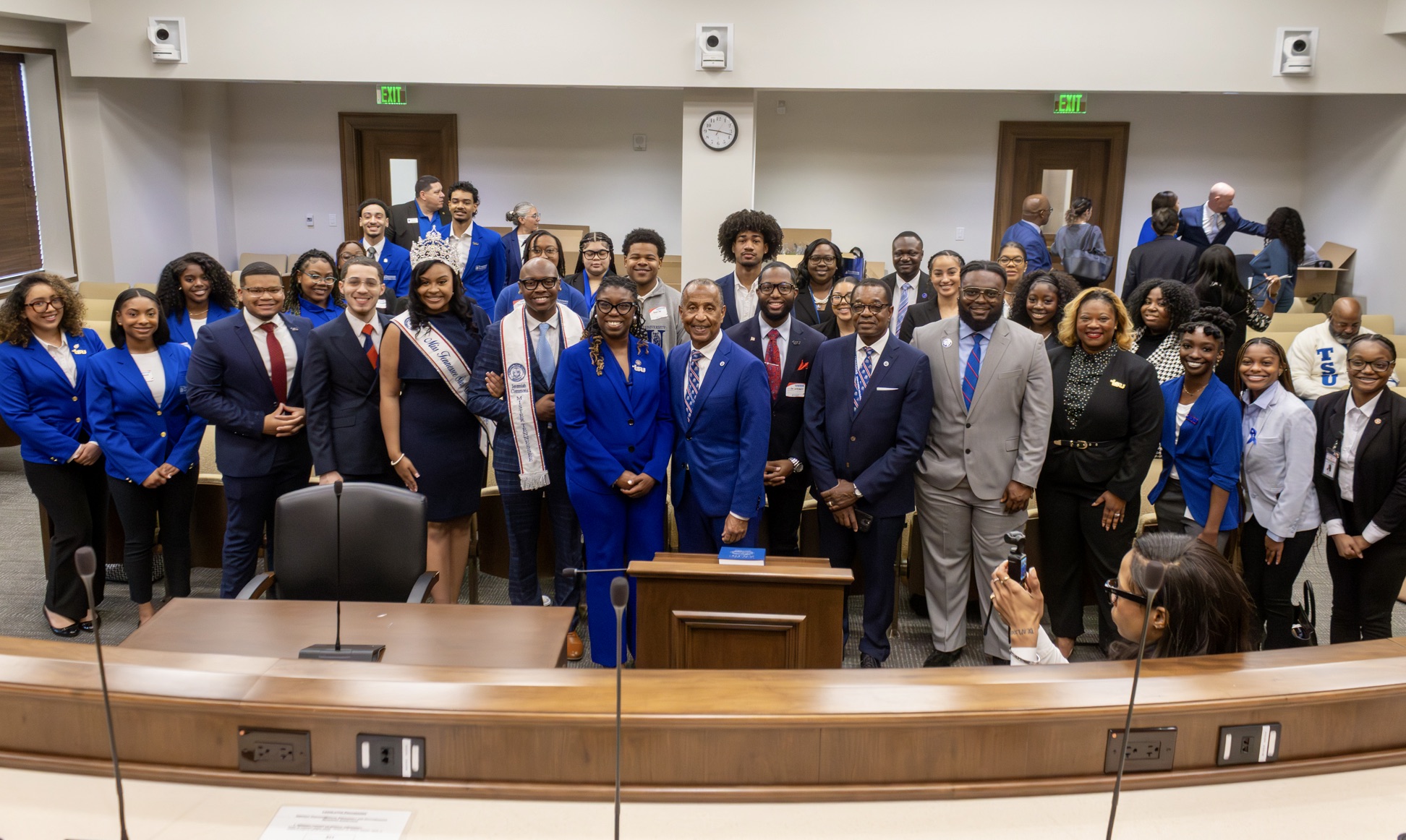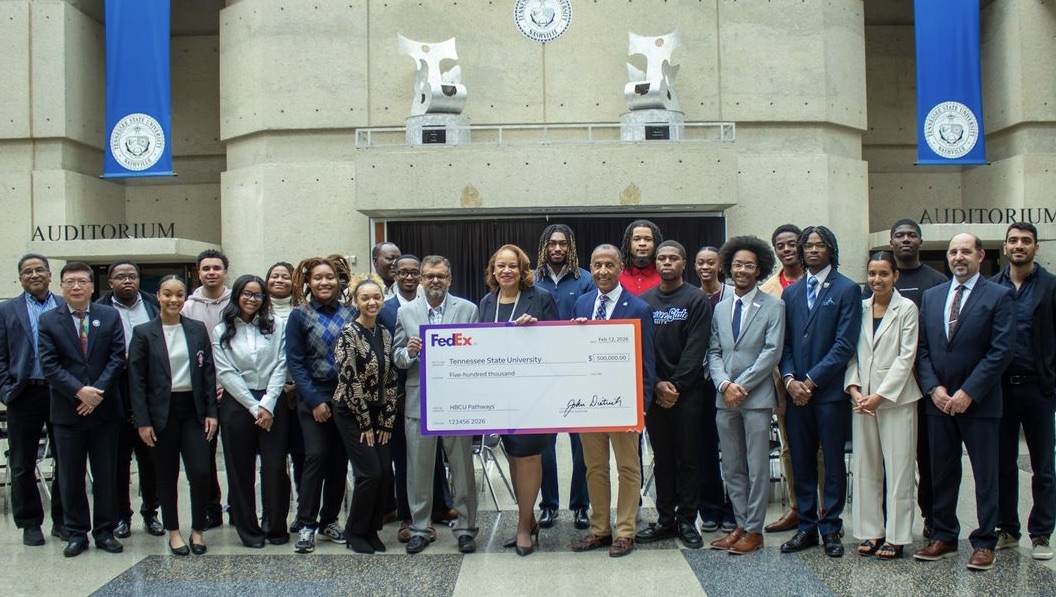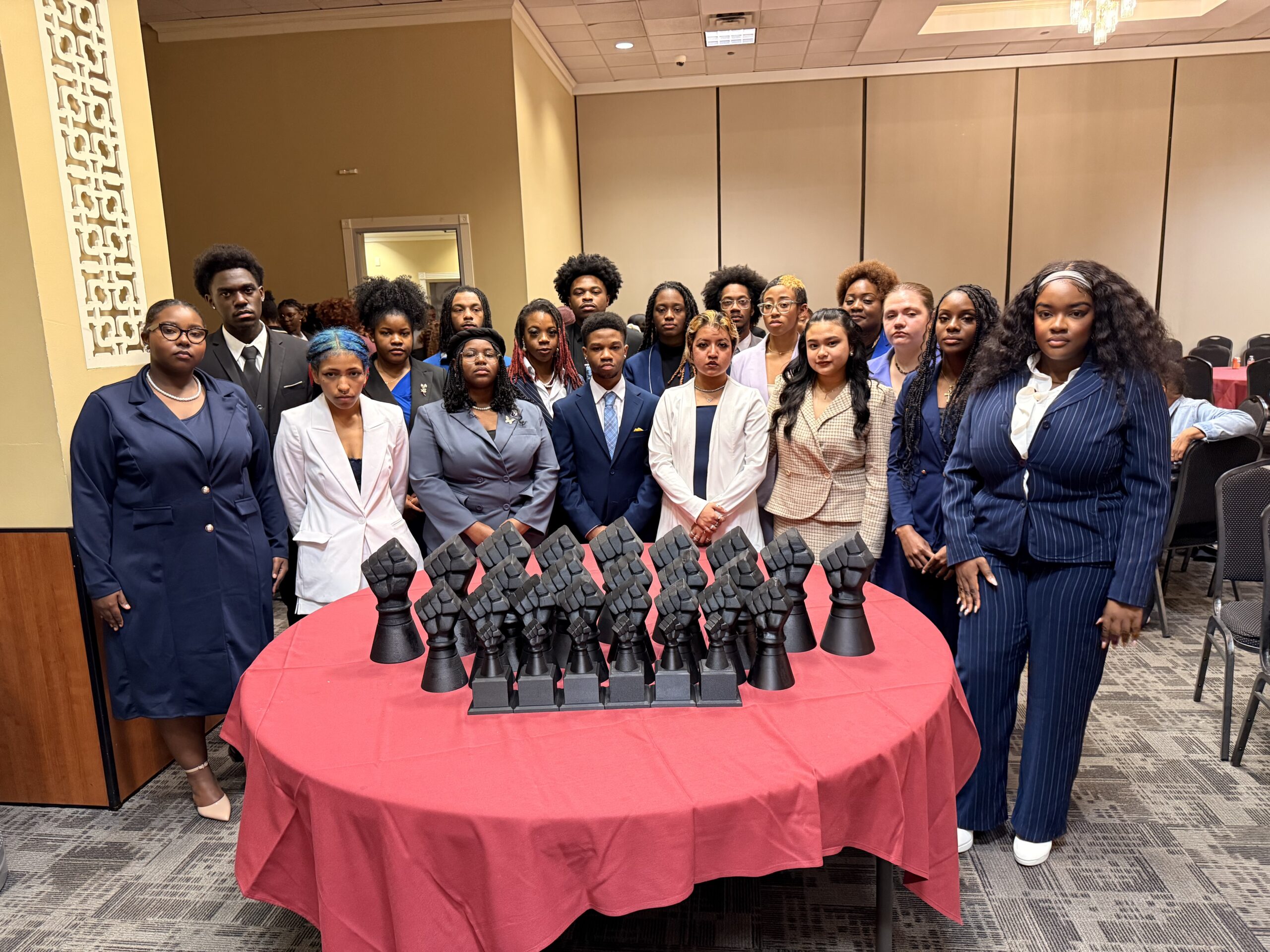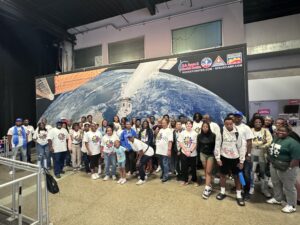
TSU math camp concludes with NASA visit
NASHVILLE, Tenn. (TSU News Service) – Middle Tennessee high school students took a step toward their future STEM careers, including the possibility of becoming astronauts, thanks

NASHVILLE, Tenn. (TSU News Service) – Middle Tennessee high school students took a step toward their future STEM careers, including the possibility of becoming astronauts, thanks
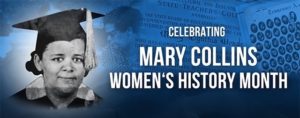
NASHVILLE, Tenn. (TSU News Service) – Tennessee State University proudly celebrates Mary Collins, a 1938 graduate of then Tennessee A&I who became the first black female principal

